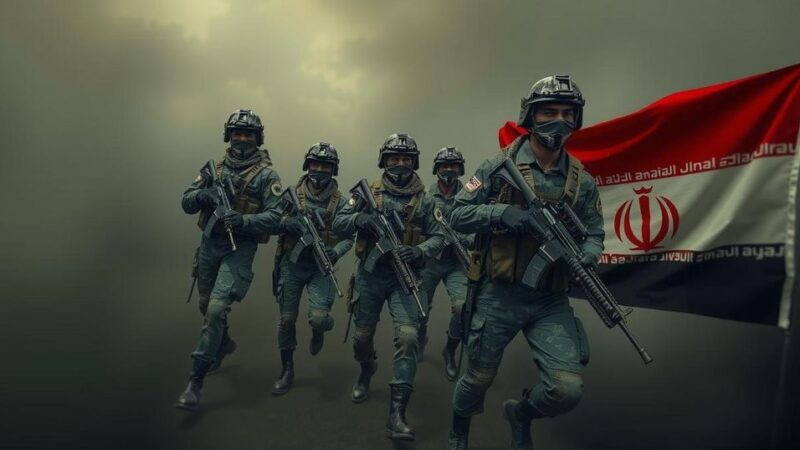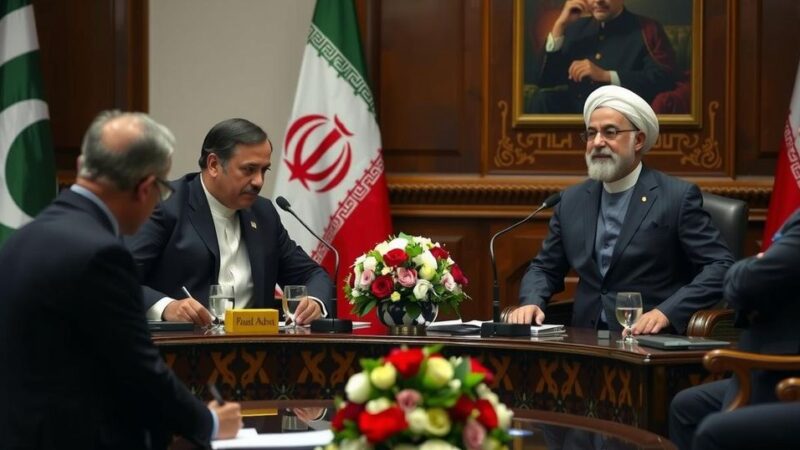Amid the ongoing conflict, people in Gaza, the West Bank, and Lebanon express pessimism towards the U.S. election candidates, Kamala Harris and Donald Trump. Concerns focus on the continuation of U.S. support for Israel and the implications for Palestinians. Many fear a Trump victory would exacerbate their hardships, while Harris’s leadership is viewed as insufficient in addressing their needs.
The perspectives of individuals from Gaza, the occupied West Bank, and Lebanon regarding the upcoming US election reveal a spectrum of concerns centered on potential outcomes and impacts on their circumstances. Predominantly, there exists a pervasive skepticism towards both candidates—Kamala Harris and Donald Trump—as neither is perceived to champion the Palestinian cause. Many regard Trump’s previous administration as particularly detrimental, while others express disillusionment with the current Democratic leadership, arguing that meaningful support for Palestinian rights remains absent regardless of the outcome.
The U.S. election holds substantial relevance for people in Gaza, the West Bank, and Lebanon, particularly given the U.S. government’s longstanding alliance with Israel. Amid recent escalations in conflict and violence, sentiments amongst these communities reflect a deep frustration with American foreign policy, which they feel prioritizes support for Israel over humanitarian concerns. The contrasting positions of the current administration and the prospective Republican candidate form the backdrop against which these individuals formulate their expectations and hopes for change.
In summary, the voices from Gaza, the West Bank, and Lebanon illustrate a complex tapestry of disappointment and apprehension regarding American politics. The citizens express a collective yearning for a shift away from policies perceived to exacerbate their suffering, yet remain skeptical of the prospects. Regardless of who prevails in the election, the overarching sentiment echoes a belief that the status quo will persist, leaving their plight largely unaddressed by U.S. leadership.
Original Source: www.aljazeera.com






